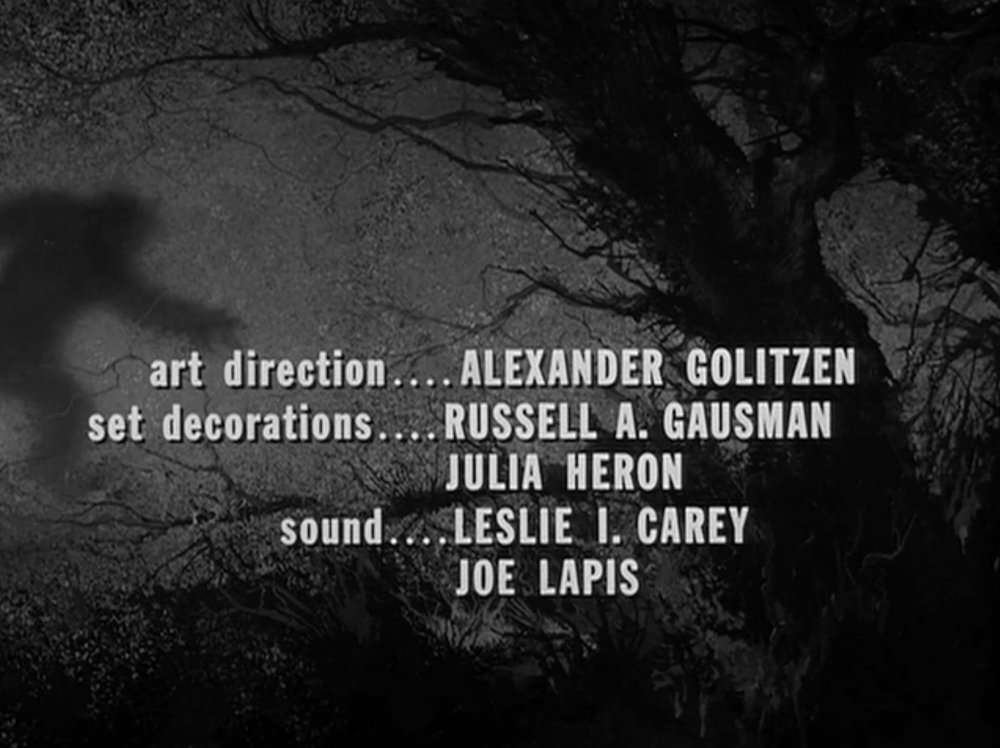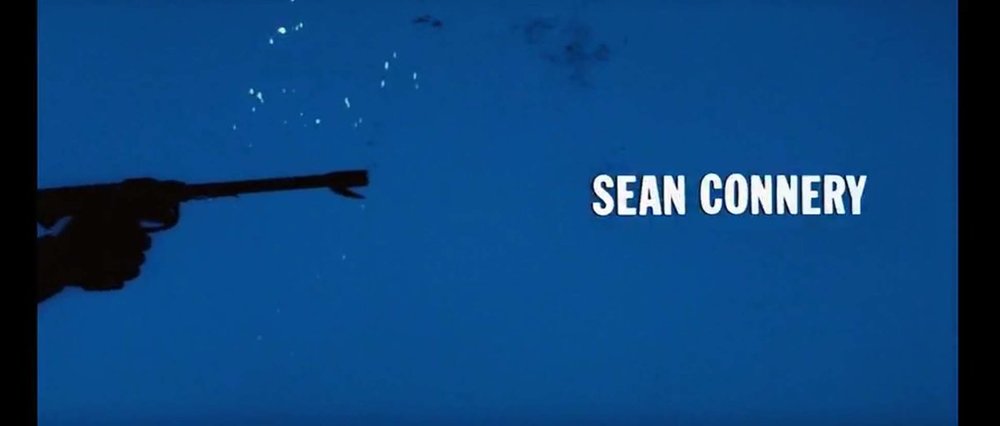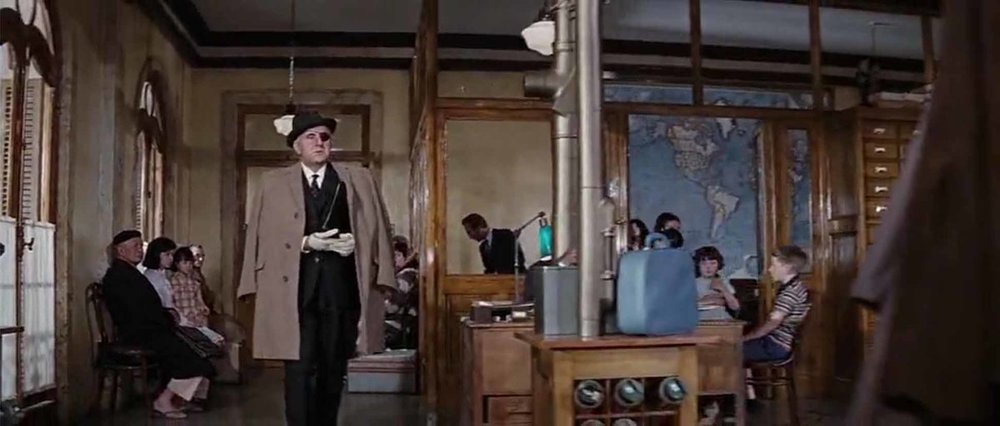
Chance Shirley
Basic Member-
Posts
328 -
Joined
-
Last visited
Everything posted by Chance Shirley
-
No, I don’t want to hire someone who doesn’t want the job. But, again, am I hiring a photographer, or am I paying a business that provides a service (wedding photography) to provide that service? If there is only one bakery in town and they refuse to bake a cake for a gay wedding, does a gay couple have to order a cake from out of town? Do they have to go to a different town to get married if none of the wedding venues will rent to a gay wedding?
-
No, that’s not what I am doing at all. 1. If you, an individual person, don’t want to take a job with a company you don’t like for whatever reason, that is 100% your decision. 2. If a business refuses to provide a service to a customer because of the customer’s race, gender, religion, sexual orientation, etc., that is problematic if not illegal. So, again, the photographer case boils down (to me, at least) to whether the photographer is a worker-for-hire or whether he is a business providing a service to customers.
-
I’m still not sure this is the point — legally speaking, I think this is more about businesses discriminating vs. a worker-for-hire turning down a job. Regardless, it’s easy enough to say “just hire a different photographer.” I just wonder at what point that approach puts an undue burden on people who want photos of their wedding. Probably not a big deal in a big city with hundreds of photographers. But maybe a problem in a small town with only a handful of photographers.
-
DPs, actors, etc. choosing what work to go out for... that’s different than a business refusing to serve someone. Obviously a movie production can’t force people to work against their will. And a wedding is obviously very different than a porn movie shoot. If there is a venue that rents out for weddings, I don’t think anyone would want to make them rent that venue for a porn shoot. Back to the original question... can a wedding photographer be forced to photograph weddings that he finds religiously offensive? I think the answer is still based on whether the photographer is an employee of the wedding or if the photographer is a business providing a service to the public.
-
I don’t see how this is any different from denying service to someone because of their skin color or religion. If someone works at a restaurant, then yes, they are forced to serve food to people who are Black or Catholic or whatever, even if the restaurant worker doesn’t like Black people or Catholic people. I don’t see how the photography business is any different. Is there maybe a legal loophole for one-person operations? Like if you are a sole proprietorship you can claim religious exemption and not serve Black people or Catholic people or whatever?
-
This is weird because it seems like fairly recently the Supreme Court ruled that a baker did not have to bake a cake for a gay couple because that was against his “religious beliefs.” This wedding photographer case would seem to be (to me, a non-lawyer) in the same ballpark. All that said, if someone is going to run a business that discriminates against a group of people based on arbitrary “religious beliefs,” I don’t see how that is any different from white-people-only business policies of the mid-1900s in the U.S.
-
1950s-Era Title Techniques
Chance Shirley replied to Chance Shirley's topic in Visual Effects Cinematography
That was exactly the info I needed. Thanks, @Phil Rhodes ! -
Can anyone point me to where I could find info about how they did movie credit sequences in the 1950s? Example frame (from “Monster on the Campus”) attached. I'm guessing the background is just a painting. I'm specifically curious about how they did the typesetting and then how they photographed the set type over the background painting.
-
It's 2021 and digital capture still looks like sh
Chance Shirley replied to Karim D. Ghantous's topic in General Discussion
I love film, but this example is nicely shot. The two things that still bug me about digital are clipped highlights and rolling shutter, and I do think I see a little of both in your example. For a more apples-to-simulated-apples approach, maybe take a look at "Knives Out," where the filmmakers went out of their way to get a film look from a digital camera. I think they got really close. On the plus side, digital is often better than film for low light situations. And Red now has a semi-affordable camera with a global shutter. So as soon as they get those highlights figured out, digital will be in pretty good shape! -
FS. Aaton S16 LTR 54 and Lenses
Chance Shirley replied to Chance Shirley's topic in Cine Marketplace
Another update: the 25mm, 50mm, and 85mm primes still available, along with the zoom. Also, I just found my adapter that allows for mounting Arri-B mount lenses on an Aaton-mount 16mm camera. These seem to be hard to find these days, so make me an offer if you're interested. Photo of the adapter: https://1drv.ms/u/s!AqJuGMR4C7hqkhmuB8UqyrgeWXlX?e=0juFXV- 8 replies
-
- aaton ltr54
- optar
-
(and 2 more)
Tagged with:
-
Title Sequences With Different Aspect Ratios
Chance Shirley replied to Chance Shirley's topic in General Discussion
Oh! I hadn’t even thought about it being an artifact to keep things title-safe for CRT monitors, but that totally makes sense. And I have indeed noticed it on some Academy format movies, where there are black bars on all four sides of the frame. So I guess even when we get "original aspect ratio" on our home video releases, it isn't always 100% original. Thanks for explaining, David! -
Since we're now blessed with home video releases that are presented in their original theatrical aspect ratio, I've noticed something odd in several older films: title sequences with a different aspect ratio than the rest of the feature. I've attached a couple of examples from Thunderball. You can see the frame from the credits is windowboxed a bit, so it isn't quite as wide as the frame representative of the non-credits scenes. Thunderball is a specifically interesting example because it has a pre-credits sequence. So the movie starts out standard Cinemascope, then the frame narrows a bit for the credits, then it goes back to Cinemascope. Anyone know why credit sequences were formatted this way?
-
FS. Aaton S16 LTR 54 and Lenses
Chance Shirley replied to Chance Shirley's topic in Cine Marketplace
Update on this: I've sold some lenses and the Aaton camera kit. So the remaining items for sale are Optar Illumina 25mm and 50mm primes, the Angenieux 15-150mm T3.1 zoom, and the Zeiss 85mm prime. Asking $1,000 each for the lenses.- 8 replies
-
- aaton ltr54
- optar
-
(and 2 more)
Tagged with:
-
A good hat. I like a cowboy hat for summer, but anything to keep the sun off your face and ears will work. And I like a knit cap/toboggan for cold days.
-
FS. Aaton S16 LTR 54 and Lenses
Chance Shirley replied to Chance Shirley's topic in Cine Marketplace
Yes, the Illumina primes are still available. Feel free to email me at chance.shirley@outlook.com if you'd like more details. Thanks!- 8 replies
-
- aaton ltr54
- optar
-
(and 2 more)
Tagged with:
-
FS. Aaton S16 LTR 54 and Lenses
Chance Shirley replied to Chance Shirley's topic in Cine Marketplace
Hi, David. Yes, the Angenieux is still available and it does fully cover Super 16mm. Feel free to email me at chance.shirley@outlook.com for more info. Thanks!- 8 replies
-
- aaton ltr54
- optar
-
(and 2 more)
Tagged with:
-
I’m selling my Aaton LTR 54 camera package and six lenses. I’m located in Birmingham, Alabama, USA. The camera (serial no. 1096) is factory-original Super 16 and features a nice internal black and white video tap, purchased from and installed by Visual Products several years back. In the kit: two mags, three batteries, Aaton charger, right-hand grip, and a solid case. The camera was last serviced in 2010 and hasn’t been used much since then. It is in generally good shape. Only two known issues: the rubber film guides in the mags have dissolved (this is apparently a common problem and can be fixed) and the batteries need re-celling. Also, the wooden right-hand grip was broken and repaired when I first got it, but it’s only a cosmetic problem — the grip functions properly and feels very nice in hand. I’ll sell the lenses individually or as a set. I have four Optar Illumina primes (9.5mm, 16mm, 25mm, and 50mm) in Arri B-mount. Plus a Zeiss 85mm prime that has been converted to Aaton mount, and an Aaton mount Angenieux 15-150mm zoom lens. I’m asking $4,000 for the camera as-is and $1,000 each for the lenses. If you’d prefer me get the batteries and mags fixed before selling it, I’m asking $5,000 for the camera. If you buy four or more of the lenses, I’ll throw in the Pelican case. And if want everything — the camera and all the lenses — I’ll come down on the price. If you have any questions about anything or want more info, just let me know. And if you’d like to reach me off list, feel free to text me (205-427-2850) or email me at chance@crewless.com. And you can see photos of everything on my OneDrive... https://1drv.ms/u/s!AqJuGMR4C7hqkFR0MLBsIabWtMyh?e=PnluVW Thanks!
- 8 replies
-
- aaton ltr54
- optar
-
(and 2 more)
Tagged with:
-
Anyone Else Find It Hard To Enjoy New Films?
Chance Shirley replied to Max Field's topic in General Discussion
I find the opposite to be true - the more I learn about filmmaking, the more I enjoy movies. If a movie has a good story and good characters, I enjoy that, while also enjoying the actual craft on display - the cinematography, special effects, costumes, and production design. If we're just talking about plot mechanics, the "Save the Cat" plot points can be overdone. But it seems like I see less of that these days. Maybe I'm just accidentally picking non-"Save the Cat" movies? Anyway, even if a movie uses standard plot points, for me the journey is where the fun is, not necessarily the destination. -
I've had a BMPCC4K for a few months now. Bang for the buck, it's an incredible camera. My minor gripes: I occasionally see some strobing with some non-pro light sources (assuming this is because of the rolling shutter), batteries don't last long (I'm eventually going to get a more heavy-duty power source), and the LCD is hard to see in bright daylight (though no harder to see than most other LCDs). Also, last I checked, the raw data recording options aren't compatible with Adobe, so I've been shooting ProRes (which looks pretty great). But you would have some of those same issues with other cameras that cost a lot more. I'd been shooting video on a Canon 7D for years, and the BMPCC4K was the camera that finally got me to retire the 7D and start shooting 4K.
-
In my experience, ADR isn't that much more difficult than getting good location audio (which is also difficult). But, as they say, your mileage may vary.
-
> On the low-budget it can be quite difficult. Sure. But everything about low-budget filmmaking is difficult.






